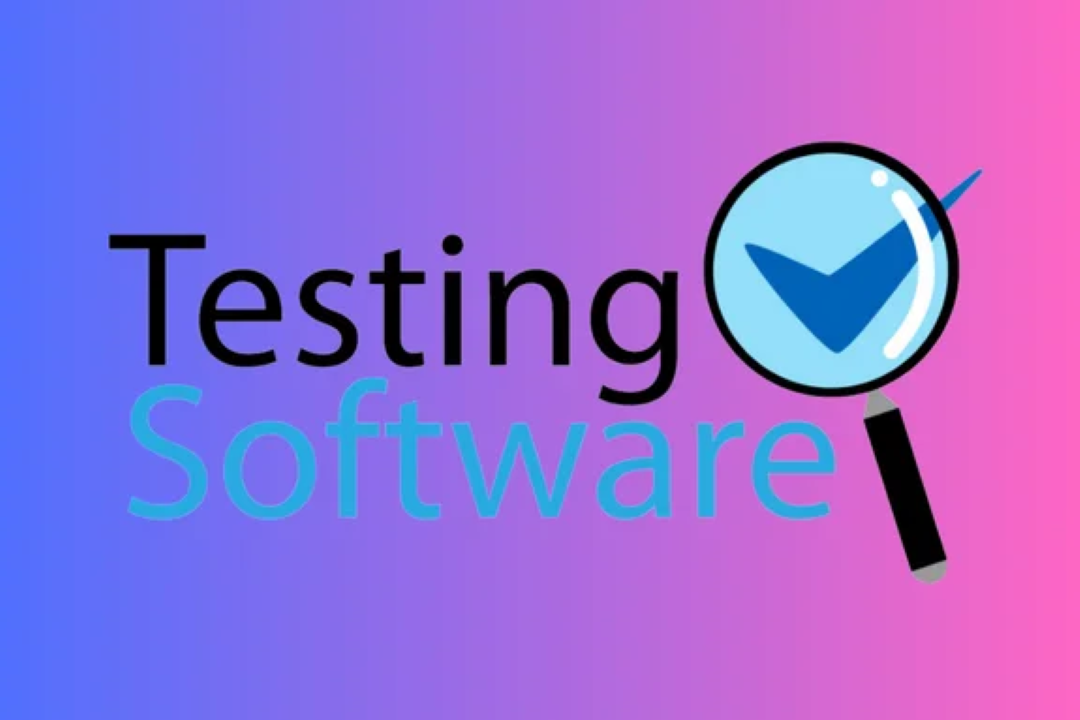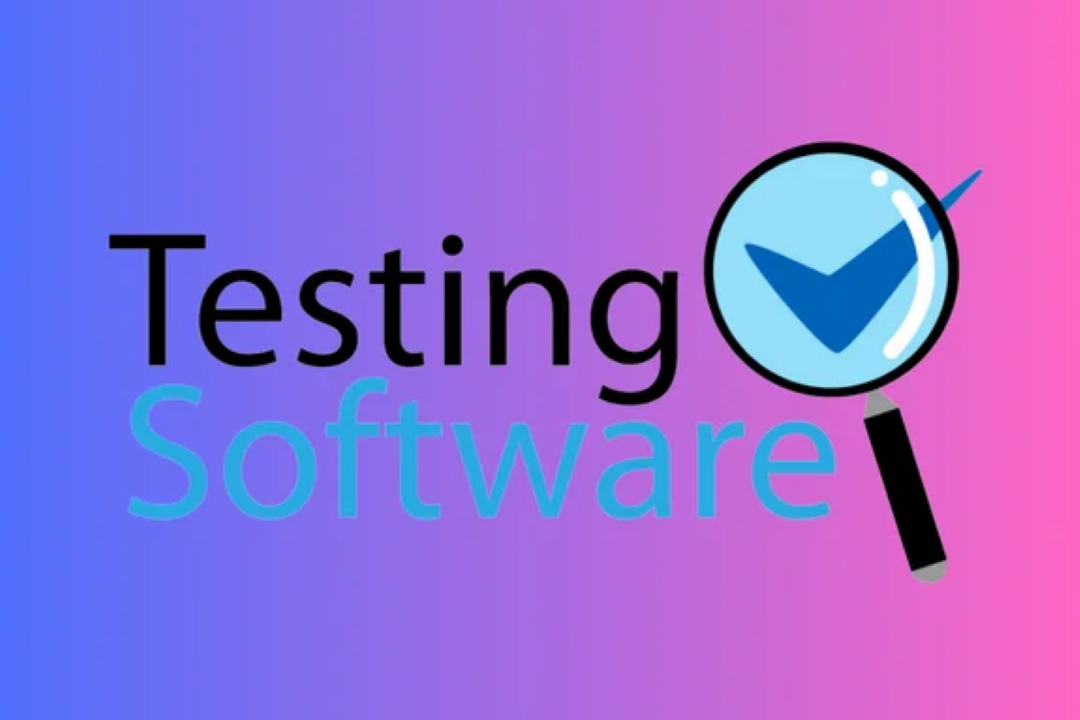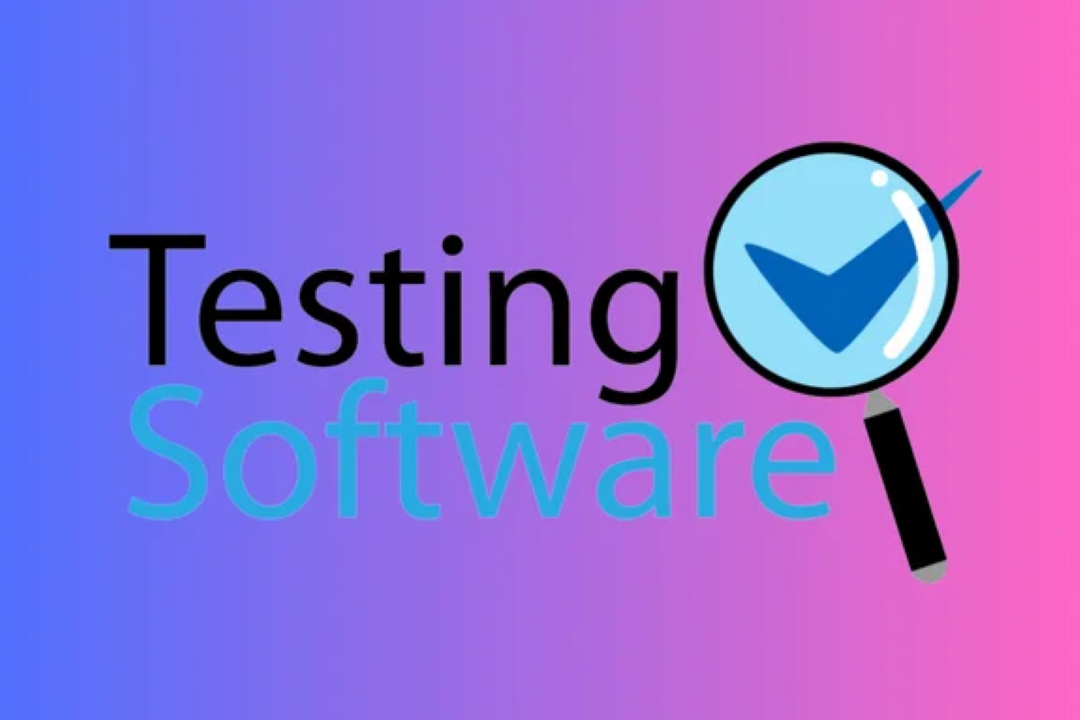How to Learn Testing
Mastering the Art of Software Testing
How to Learn Testing
Learning software testing is essential for ensuring the quality and reliability of software applications. Testing helps in identifying defects and issues in the software, ensuring that it meets requirements and functions as intended. By learning testing, individuals can develop skills in identifying bugs, writing test cases, and ensuring the overall quality of the software. This knowledge is crucial for software development teams to deliver high-quality products that meet user expectations and maintain customer satisfaction.
To Download Our Brochure: https://www.justacademy.co/download-brochure-for-free
Message us for more information: +91 9987184296
1 - Understand the Basics: Start by learning the fundamentals of software testing, including different types of testing such as unit testing, integration testing, and regression testing.
2) Learn Testing Tools: Familiarize yourself with popular testing tools like Selenium, JUnit, and Postman, which can help automate and streamline the testing process.
3) Develop Testing Skills: Practice writing test cases, executing tests, and analyzing results to hone your testing skills.
4) Study Testing Techniques: Learn about equivalence partitioning, boundary value analysis, and other testing techniques to improve your testing efficiency and effectiveness.
5) Explore Different Platforms: Gain experience testing on various platforms such as web, mobile, and desktop applications to expand your knowledge.
6) Understand Agile Testing: Familiarize yourself with Agile methodologies and how testing fits into the Agile process, including concepts like test driven development (TDD) and continuous integration (CI).
7) Collaborate with Developers: Work closely with developers to understand the codebase and ensure thorough testing coverage.
8) Learn about Bug Tracking: Use tools like Jira or Bugzilla to report and track bugs throughout the testing process.
9) Practice Exploratory Testing: Experiment with exploratory testing techniques to uncover issues that may not be caught by scripted tests.
10) Continuous Learning: Stay updated on the latest trends and technologies in testing to continuously improve your skills.
11) Attend Workshops and Conferences: Participate in testing workshops, conferences, and meetups to network with other professionals and stay current in the field.
12) Obtain Certifications: Consider pursuing certifications such as ISTQB or Certified Agile Tester to validate your expertise and enhance your career prospects.
13) Build a Portfolio: Create a portfolio showcasing your testing projects and achievements to demonstrate your skills to potential employers.
14) Seek Mentorship: Find a mentor in the testing field who can provide guidance, advice, and support as you progress in your testing career.
15) Practice, Practice, Practice: The more you practice testing on real world projects, the more you will solidify your understanding and expertise in the field.
Browse our course links : https://www.justacademy.co/all-courses
To Join our FREE DEMO Session: Click Here
Contact Us for more info:
- Message us on Whatsapp: +91 9987184296
- Email id: info@justacademy.co
Difference Between Parameter And Argument In Python
What Is Difference Between Class And Interface In Java












